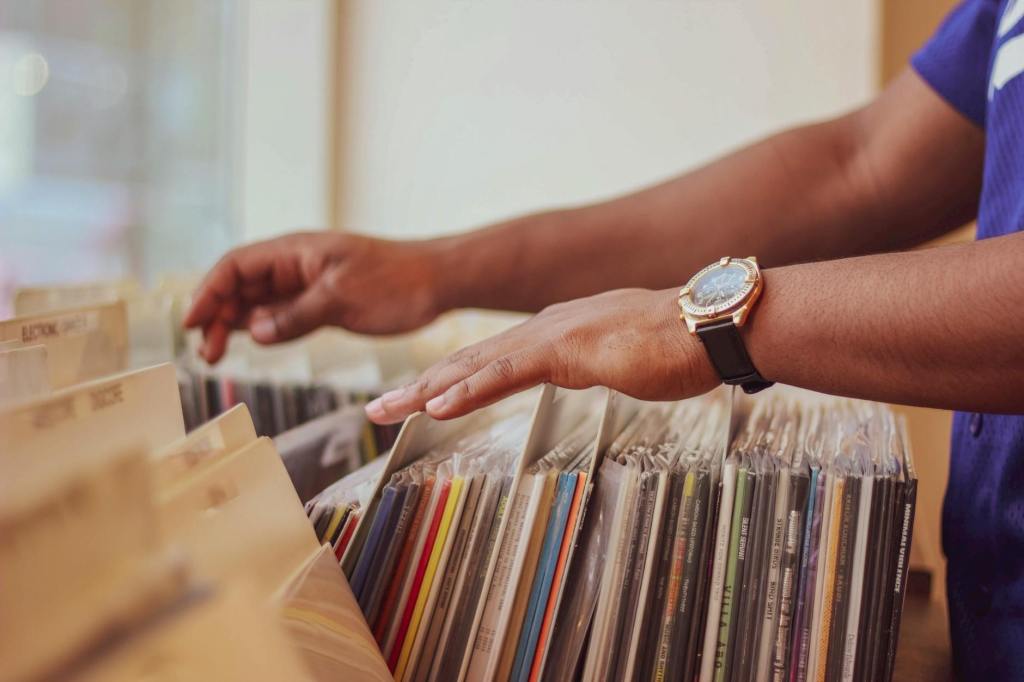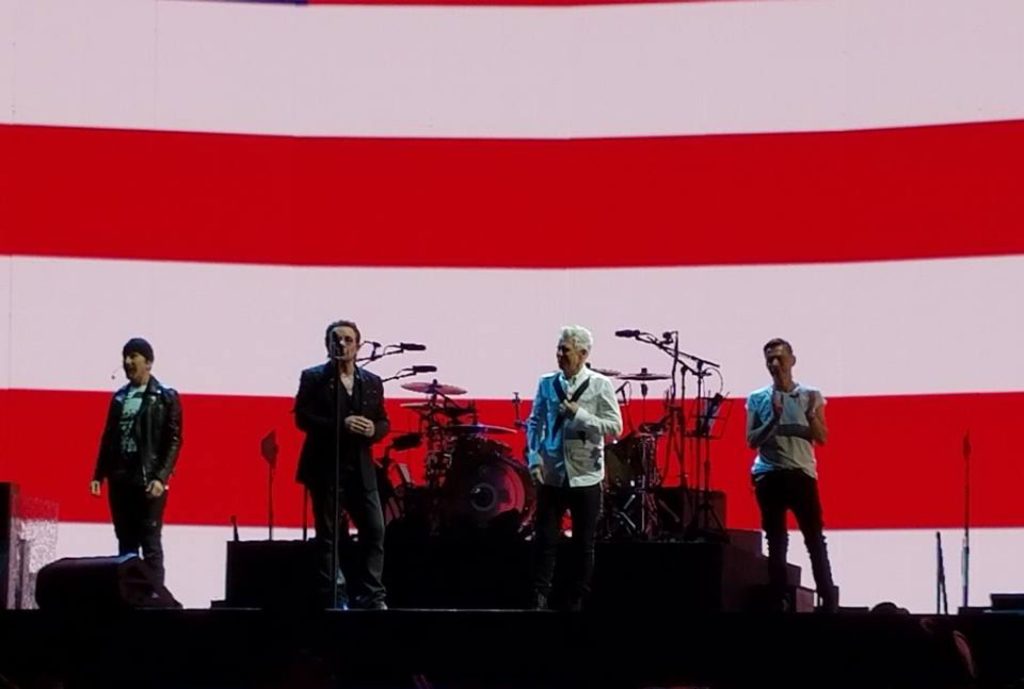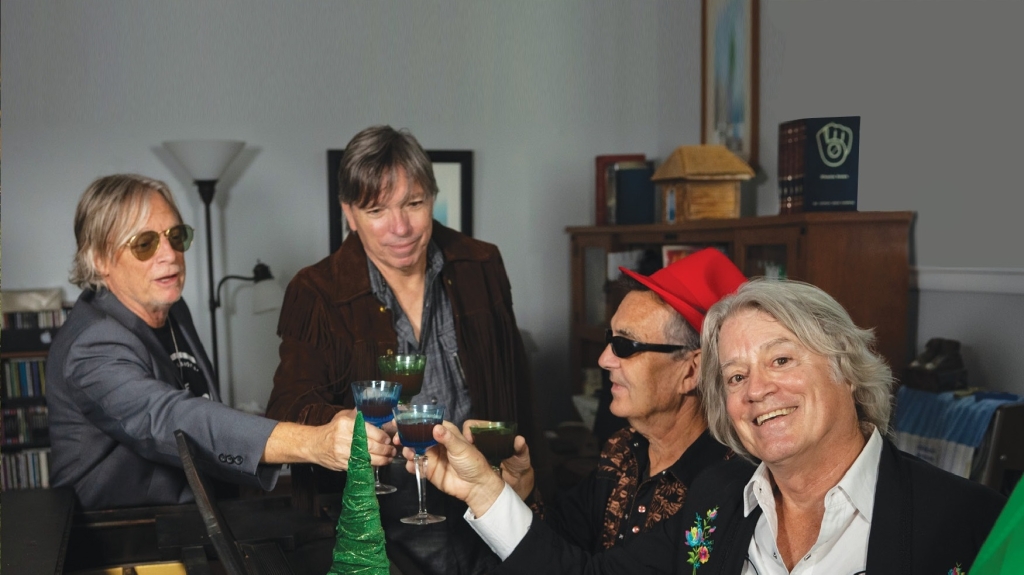
My initial foray into the world of Tool came as a result of reading Robert Christgau’s dismissal of their 2001 masterpiece, “Lateralus,” in which he referred to them as “meaning-mongering for the fantasy fiction set,” and I knew instantly that they were a band worth exploring.
Not because I enjoy fantasy fiction, of course, but because Christgau tends to despise so much of the music that I love and has made a living churning out self-indulgent blurbs that often tell the reader next to nothing about the album being reviewed. He could have given the album a “C” in his sleep and perhaps he did.
When I heard it for myself a month later, my suspicions were confirmed. The lyrical reach, the aggressive instrumentation, and the shadowy nuances of Maynard James Keenan drew me in while igniting a 20-year relationship with the catalog that was finally consummated when I caught them live in Buffalo at the end of February.
After COVID-19 wiped out the band’s 2020 tour, the prospects of the show ever being rescheduled were grim, but it happened and it was spectacular.
Combining six of the seven tracks from 2019’s “Fear Inoculum” with a cache of deeper cuts such as “Opiate” and “The Grudge” meant that the audience was strapped in for two hours of the most sonically exhilarating music the venue had hosted in quite some time. Much like King Crimson, singling out any particular member or moment misses the point, because, as Keenan himself suggests in “Schism,” it’s all about finding beauty in the dissonance once everyone comes together.
Never was that beauty more evident than during “Pneuma,” which saw Keenan, guitarist Adam Jones, bassist Justin Chancellor, and drummer Danny Carey challenge each other in a way that you don’t really get from bands anymore. The plebeian roots of punk rock have convinced a lot of people that music is somehow elitist if it’s too complex to be executed in a DIY setting, but that philosophy is just another way for mainstream critics to discredit something they don’t like. Seeing Tool live is a hallowed experience, because they’re playing stuff that not just any four guys in a garage can replicate and they do so without drawing attention to themselves in the ways that so many of the prog-leaning bands of the ’70s were accused of.
Here’s hoping that it doesn’t take another 20 years for them to come back around.






Leave a comment